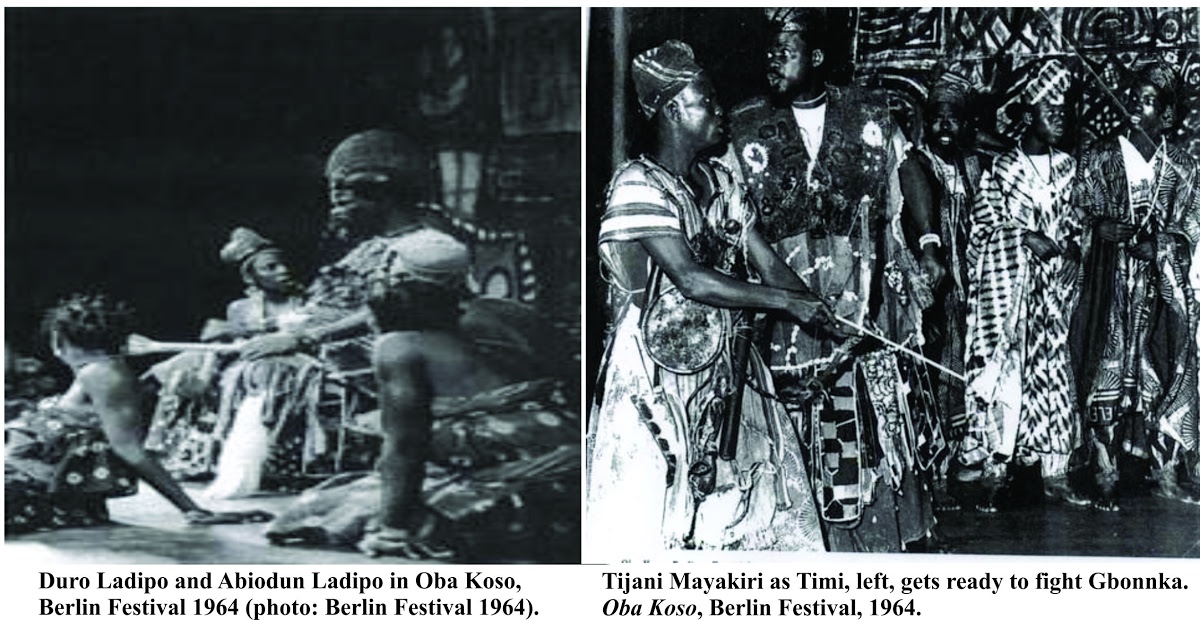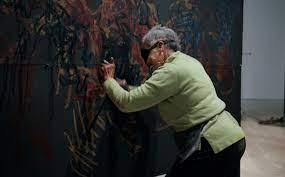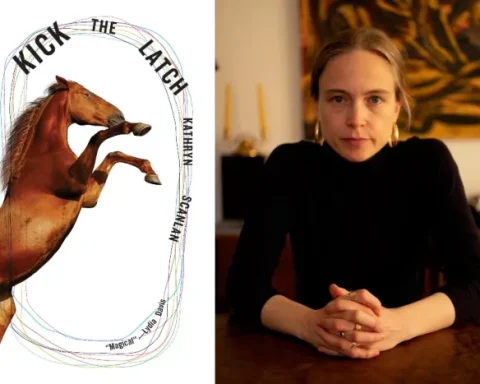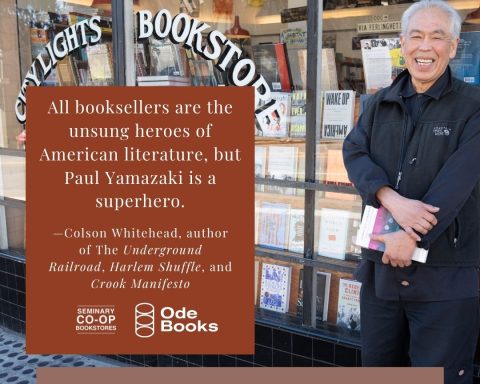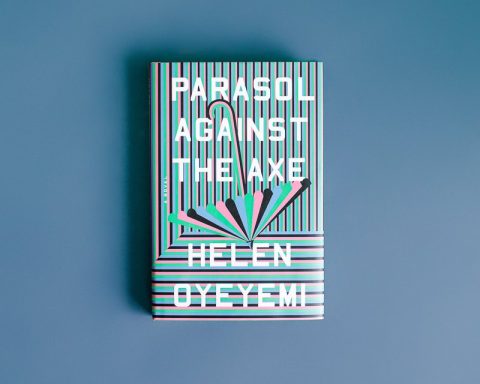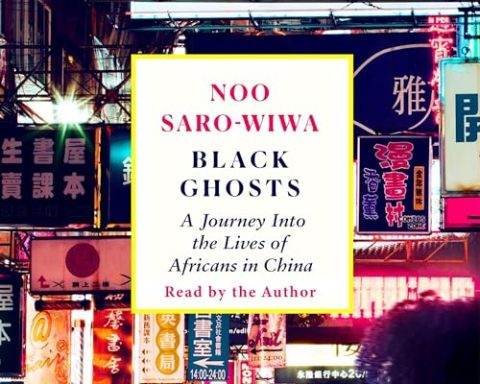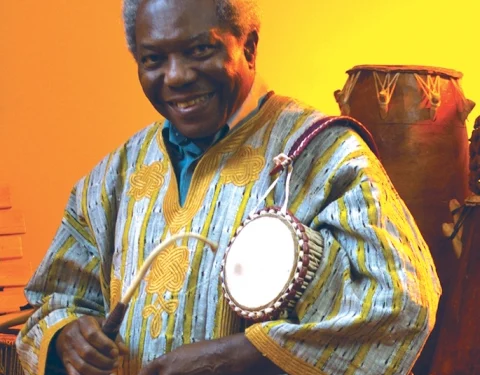From the Britannica.com
Duro Ladipo, (born Dec. 18, 1931, Oshogbo, Nigeria—died Mar. 11, 1978, Oshogbo), Nigerian dramatist whose innovative folk operas incorporating ritual poetry and traditional rhythms performed on indigenous instruments were based on Yoruba history.
As a teacher in a church school at Oshogbo in 1960, Ladipo scandalized church members by including bata drums in the Easter cantata that he had composed for the church and was thereafter obliged to seek a secular outlet for his musical interests. In 1962 he founded the Mbari Mbayo Club, and for its inauguration his new theatre company performed his first opera, Oba Moro (“Ghost-Catcher King”). He premiered Oba Koso (“The King Did Not Hang”) at the club’s first anniversary in 1963 and a year later introduced Oba Waja (“The King is Dead”). All three operas are based on the history of the Oyo kingdom and are available in English in Three Yoruba Plays (1964).
Yoruba operas prior to Ladipo’s were mostly moral exemplars based on Bible stories or folktales. Ladipo, by contrast, wished his operas to be reliable cultural and historical records, and he was painstaking in his pursuit of authenticity. In order to achieve greater dignity and dramatic impact, he dispensed with the traditional dances and the opening and closing “glees” usually employed for bracketing performances in Yoruba operas. For Oba Koso, his most successful work, he received a Nigerian government citation for cultural achievement in 1963. The work also proved to be popular throughoutEurope and the United States.
Nigerian theatre, variety of folk opera of the Yoruba people of southwestern Nigeria that emerged in the early 1940s. It combined a brilliant sense of mime, colourful costumes, and traditional drumming, music, and folklore. Directed toward a local audience, it uses Nigerian themes, ranging from modern-day satire to historical tragedy. Although the plays are performed entirely in the Yoruba language, they may be understood and appreciated by speakers of other languages with the aid of a translated synopsis.
Nigerian theatre deals with three types of themes: the fantastic folktale, the farcical social satire, and the historical or mythological account derived from oral tradition. Generally speaking, both text and music evolved from a synthesis of liturgies from different religious sects.
Although there are more than a dozen traveling theatre companies, three professional troupes are particularly notable: those of Hubert Ogunde (author of Yoruba ronu [“Yorubas, Think!”] and Journey to Heaven); Kola Ogunmola (The Palmwine Drinkard and Love of Money); and Duro Ladipo (Oba koso [“The King Did Not Hang”] and Eda [“Everyman”]). Each of these troupes has created a distinctive style shaped by the tastes of its founder, who generally writes or adapts and produces the plays, arranges the music, and performs the leading roles.
This contemporary dramatic form grew out of biblical episodes in Christmas and Passion plays presented by separatist African churches in the 1930s and ’40s. Some of these plays have been performed abroad, notably, Oba koso and The Palmwine Drinkard.
In 1945 Ogunde was the first to establish a professional touring company. Some of his plays are satires on Yoruba types: the jealous husband, the stingy father, the reckless son. Others deal with topical events in Nigerian politics.
In 1947 Ogunmola organized some of his pupils into an acting troupe, forming his own Theatre Party. Ogunmola’s operas reveal a Christian influence in the use of biblical material for the basic plots. Ogunmola employs folklore by incorporating praise poetry, proverbs, and incantations into the dialogue, as evidenced in his celebrated production of Amos Tutuola’s novel The Palm-Wine Drinkard.
In the early 1960s Ladipo, a composer of church music who wished to preserve the traditional arts, wrote cultural plays based on historical material. While he was no doubt influenced by his predecessors, Ladipo employed ceremonial drumming, chanting, and singing as well as traditional costume appropriate to specific historical or religious groups represented in his productions. Some of Ladipo’s actors had performed in religious rituals before joining the theatre company; thus, their ceremonial material was incorporated within a contemporary mold.
https://www.Britannica.com/biography/Duro-Ladipo


